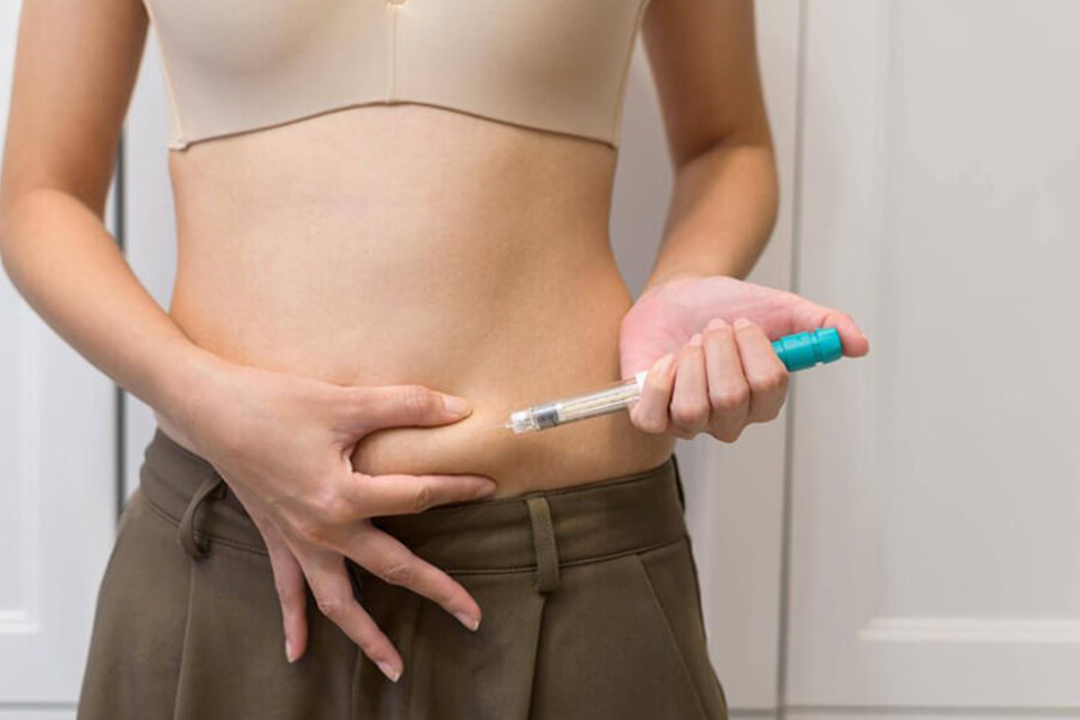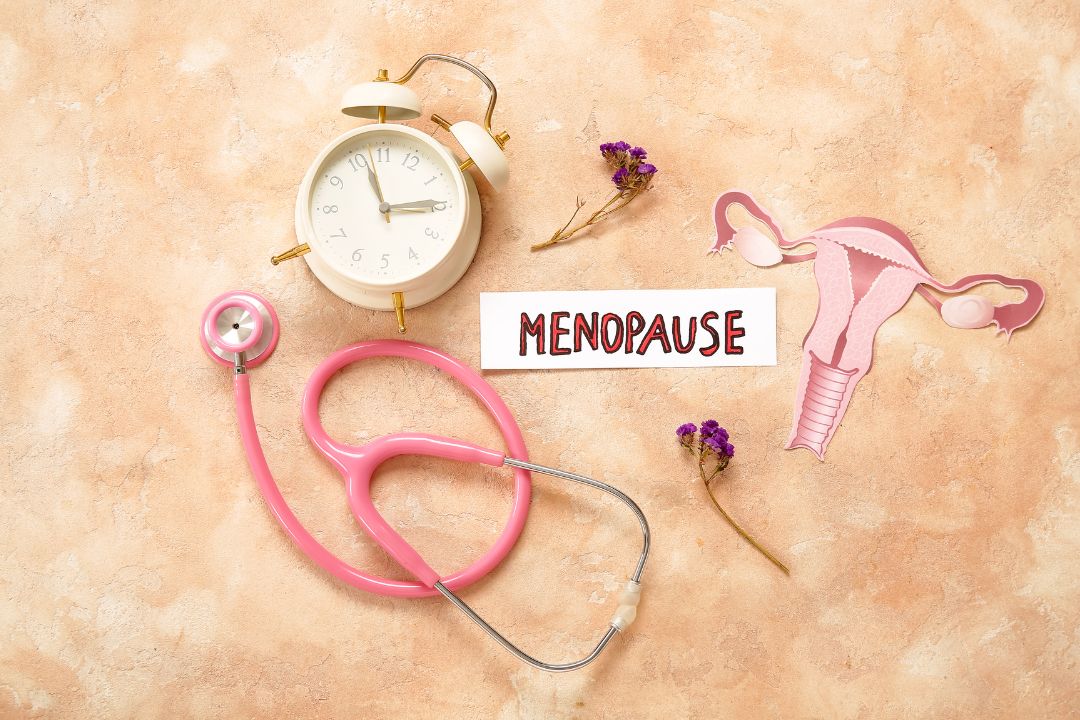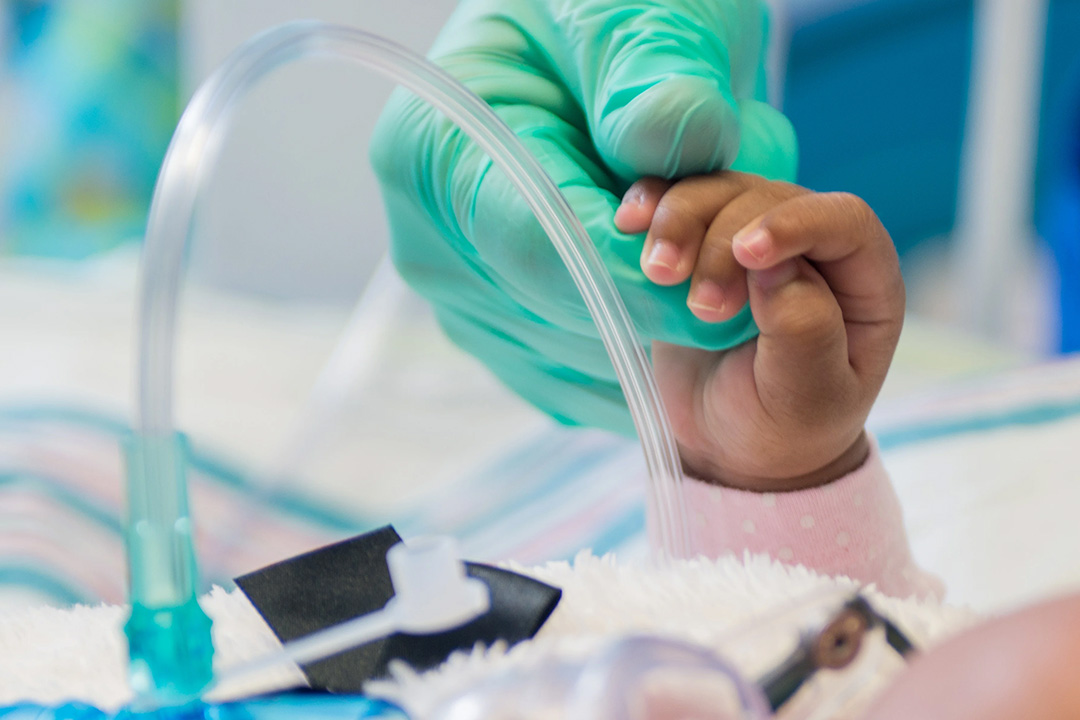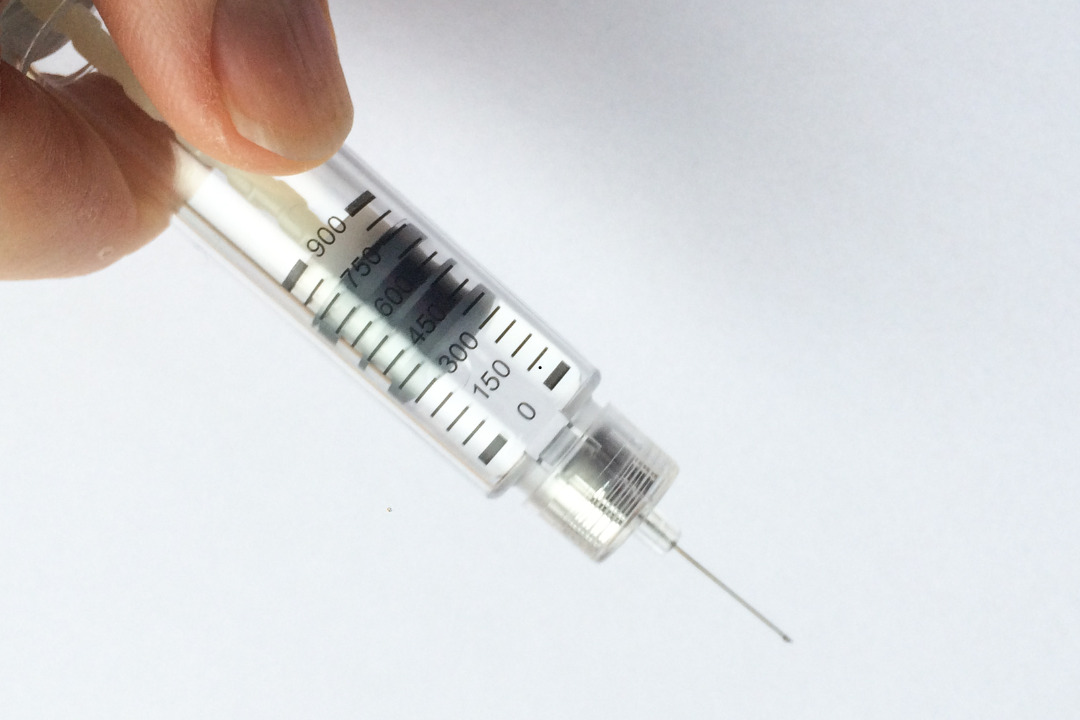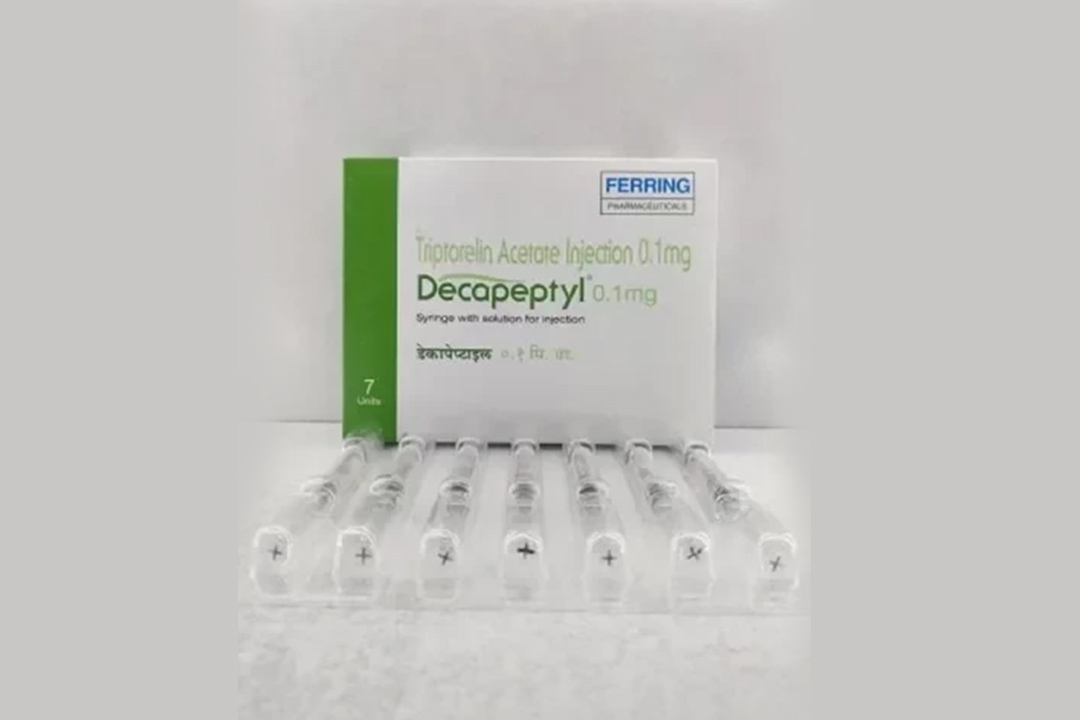Progesterone Injections in IVF: What you need to know?
Embryo Transfer in IVF
In vitro fertilization, or IVF is a complex process that needs hormones to establish the most optimum conditions for successful fertilization and implantation.
One of the most essential hormones within this delicate execution is progesterone. The body's natural production of progesterone is usually suppressed with IVF treatments, mainly because of the kinds of medication used.
Supplemental progesterone is then necessary to support implantation and early pregnancy. In this article, we discuss the role of progesterone injections in IVF, how they compare to other administration routes, the differences in their use between fresh and frozen embryo transfer (FET) cycles, and practical considerations regarding duration, dosage, side effects, and cost.
Progesterone's Crucial Role in IVF
Progesterone is a hormone that prepares the uterine lining for implantation of an embryo. In a natural cycle, after ovulation, the ovaries produce progesterone to thicken the uterine lining, preparing it for the development of an embryo.
However, in an IVF cycle, medications that prevent premature ovulation can also suppress the signals from the brain that encourage the ovarian follicles to continue producing progesterone. The follicles do release some progesterone during egg retrieval, although the total level may be less than adequate for implantation.
This suppression of the natural production of progesterone requires progesterone supplementation as part of IVF protocols through injections or vaginal preparations following either egg retrieval or embryo transfer.
Through progesterone supplementation, clinicians facilitate optimized uterine lining preparation that minimizes chances of miscarriage and, as a result, maximizes successful pregnancy chances.
Routes of Progesterone Administration: Injections vs. Vaginal Preparations
Progesterone may be administered in a variety of routes, of which intramuscular injections and vaginal suppositories are the most common. They aim to offer appropriate hormone levels at the most crucial early pregnancy stages.
Progesterone Injections in IVF
Progesterone injection in IVF is administered intramuscularly. Several studies have shown that in fresh IVF cycles, injections result in live birth rates similar to those obtained with vaginal suppositories. Many patients prefer injections because they may find them more convenient or because they dislike the discomfort or mess associated with vaginal applications.
Vaginal Progesterone
On the contrary, vaginal progesterone is administered directly through the vaginal canal to the uterus. This mode of application has been touted to be very effective and targets only the reproductive system. Some patients prefer the application of vaginal progesterone suppositories since this does not necessarily require the painful daily injections at times.
Fresh IVF Cycles Versus Frozen Embryo Transfer (FET) Cycles
Fresh IVF Cycles
In a new IVF cycle, ovarian stimulation results in the growth of many follicles. Even though these follicles do secrete progesterone after egg retrieval, the hormonal messages required to maintain high levels of progesterone secretion are reduced by the very medications that prevent premature ovulation.
This is why progesterone supplementation is important in fresh cycles. According to research, when it comes to live birth rates, progesterone injection after IVF is as effective as using vaginal preparations.
Frozen Embryo Transfer (FET) Cycles
The dynamics of the body are different in frozen embryo transfer cycles. Typically, in most FET protocols, the body does not make any endogenous progesterone naturally because ovulation is suppressed or the cycle is hormonally controlled.
These cycles thus entirely rely on exogenous progesterone. However, there still is some variation among clinics regarding whether vaginal progesterone suppositories are effective in such scenarios.
It should be pointed out that now, some clinics use modified natural cycle FET protocols. In such instances, the body will use its own progesterone production with added progesterone, therefore allowing for balance between the use of natural and medical interventions.
Length of Progesterone Support: How Long Is It Needed?
One of the frequent queries or questions from the patients who are receiving IVF is, 'progesterone injections IVF how long?' The transition from ovarian to placental hormone production determines the time course.
In early pregnancy, the ovaries are the primary source of progesterone, usually by around 8–10 weeks of gestational age. However, it is starting to rely on the placenta from the 8th to 10th week.
For some individuals, especially those who have had recurrent miscarriages, the period may be lengthened up to early pregnancy to minimize risk further. As always, a patient needs to sit down with his doctor to find out exactly what would apply best in their case.
Monitoring Progesterone Levels: Is It Really Necessary?
There is a significant variation among clinics in the practice of monitoring progesterone levels during an IVF cycle. Some centers regularly monitor progesterone levels to ensure that the supplementation is effective and adjust doses accordingly based on the measurements. Others may not monitor these levels as closely, relying instead on standardized dosing protocols.
For those who may question whether they should check their levels, it is always best to run this past your fertility specialist. Sometimes, adjustments can be made to increase dosage-in this case known as progesterone injection dosage IVF-to ensure that optimal hormone levels are maintained to support the uterine environment during implantation.
Benefits of Progesterone Supplementation in IVF
Progesterone supplementation is essential during an IVF cycle for a variety of reasons. The key benefits include:
- Progesterone prepares the uterine lining, making it more receptive to an embryo. This is particularly important when the natural production of the hormone is insufficient.
- In the early stages of pregnancy, when the embryo is establishing itself, consistent progesterone levels help to stabilize the uterine environment. This reduces the risk of early miscarriage.
- Regulation of Hormonal Fluctuations IVF drugs suppress the natural bodily hormonal patterns and balance. For example, use of progesterone supplementation compensates for a better shift of state into the pregnancy.
- The services provided may also include special progesterone protocols for women who have an atomic history of recurrent miscarriage or hormonal imbalances. In such cases,the continuous use of progesterone, either through an injection or a vaginal application, is sometimes life-saving in very early pregnancy.
- For patients who explore the uses of progesterone injection in IVF, it is evident that the hormone performs a multifaceted role so that both implantation and early gestation happen under optimal conditions.
Potential Side Effects and Cost Considerations
While progesterone supplementation is generally safe and well-tolerated, understanding the potential side effects and cost implications is an important part of making a decision.
Side Effects
Progesterone injection side effects IVF can vary from person to person. Commonly reported issues include:
- Redness, swelling, or mild pain at the site of injection.
- Some patients report mild symptoms such as headaches or fatigue.
- Hormonal fluctuations can sometimes affect mood, though these effects are typically temporary.
If you experience significant discomfort or adverse effects, it is important to consult your doctor. Adjustments to the injection technique or a switch to vaginal progesterone might help alleviate these issues.
Cost Considerations
The progesterone injections IVF cost can vary based on the clinic, the formulation used, and the duration of treatment. Costs can also differ between injectable and vaginal forms of progesterone. Price should not be the only factor when deciding between administration methods, though; efficacy and personal tolerance should remain the first considerations in making decisions.
When to Stop Progesterone Injections After IVF
Most often, patients ask how long they should continue the progesterone injections following IVF. Progesterone supplementation is generally maintained until the placenta begins to produce all the hormones required—typically around 8 to 10 weeks of gestation. This time is usually taken as a precautionary measure so that early pregnancy is adequately supported until the body's natural support system comes into effect.
For women with a history of multiple miscarriages, progesterone support may be continued for an extended period. However, in each case, the decision of when to discontinue progesterone injections following IVF is highly individualized based on the woman's medical history and progress in her pregnancy. The final decision should be made after regular consultation with your fertility specialist, closely monitoring the development of the pregnancy.
Conclusion
Progesterone supplementation is the basis of successful IVF treatment. Progesterone can be given through injections or vaginal suppositories and seems to contribute positively toward the nurturing environment for implantation and maintenance of early pregnancy. The route of progesterone during IVF is varied and depends on the type of cycle (fresh vs. FET), personal tolerance, and clinical recommendations.
It helps that for most patients, there is reassurance in knowing that both paths have shown equal live birth rates in fresh cycles. However, since progesterone injections IVF how long to keep them up and when to stop progesterone injections after IVF remain on an custom basis, be sure to have an open and continuous dialogue with your fertility specialist.
About Us
AKsigen IVF is a premier center for advanced fertility treatments, with renowned fertility experts on our team. Specializing in IVF, ICSI, egg freezing, and other cutting-edge reproductive technologies, AKsigen IVF is committed to helping couples achieve their dream of parenthood. With personalized care and a patient-first approach, AKsigen IVF provides comprehensive fertility solutions under one roof.




